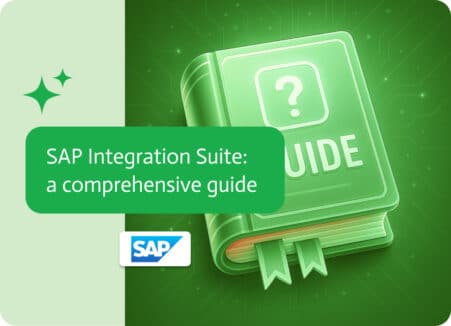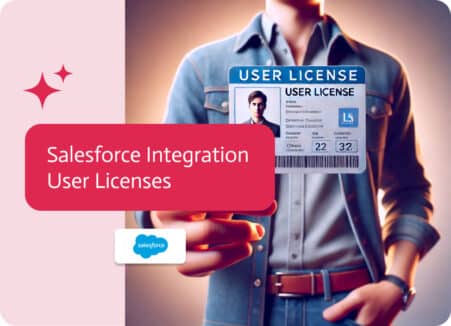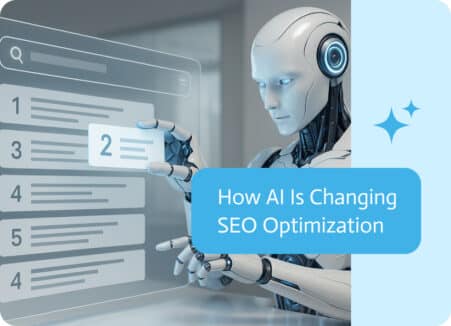
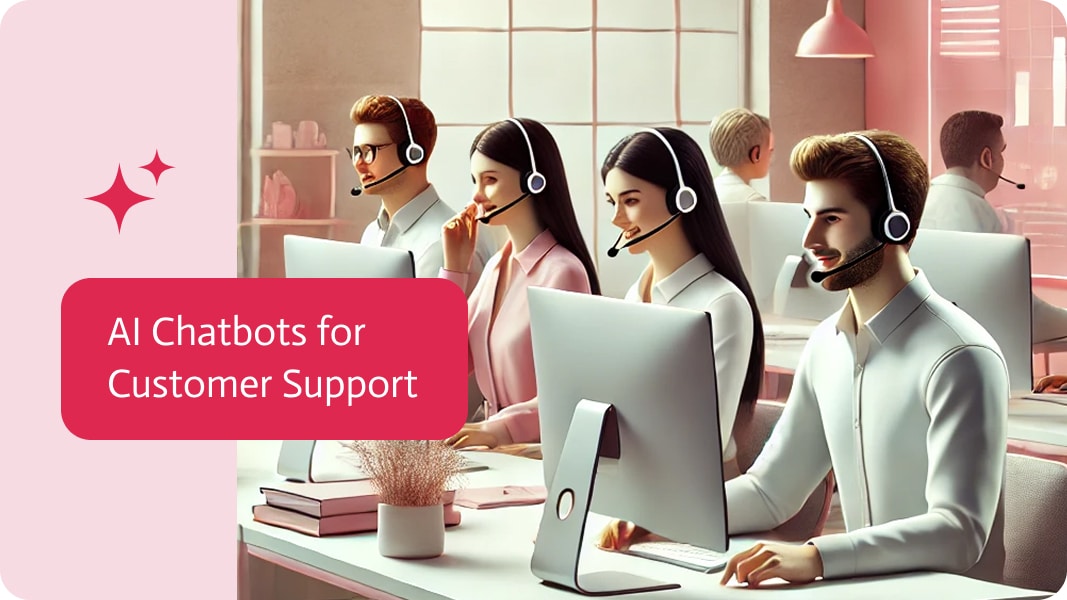
AI Chatbots for Customer Support
Customer expectations continue to rise, and businesses are subjected to growing pressure to provide rapid, reliable, and personalized service. As a result, demand for good customer support solutions has never been higher. AI-powered chatbots are transforming customer support by providing computerized, real-time responses to queries.
Chatbots are now not a nice-to-have but a game-changer. Through the integration of the strengths of artificial intelligence (AI) and natural language processing (NLP), chatbots enable businesses to enhance their customer service capabilities. From responding to questions at any hour of the day to making interactions personalized, AI chatbots are only becoming increasingly essential in the competitive landscape.
Why Chatbots Are a Game-Changer in Customer Support
1. 24/7 Availability and Instant Responses
No longer sitting around for hours on the phone, or worse yet, during working hours. 24/7, the chatbot is functioning. This makes it possible for businesses to provide constant support without the added expense of additional staff or overworking current staff. No matter whether the customer reaches out at 2 AM or a Saturday morning, the chatbot will get back to them in an instant—providing users with quick answers and less frustration.
2. Efficiency and Scalability
One of the biggest challenges faced by customer support personnel is the management of large volumes of queries. Chatbots are well suited to manage repetitive and common questions automatically, and only human representatives need to take care of complex issues. This allows companies to extend support without their labor expense rising exponentially.
3. Cost-Reduction and Labor Efficiency
Customer service tends to be one of the most expensive operations for an organization. Having most of the standard queries and tasks automated saves on the number of support personnel, maintaining operational expenses ultimately low. Furthermore, being capable of handling the first line of interaction, chatbots significantly reduce the human agent’s case time per case.
4. Personalization and AI-Driven Interactions
Although chatbots can be thought of as robotic, today’s AI-based bots are able to sense and respond to customer requirements in a personalized way. Through machine learning algorithms, chatbots have the ability to understand customer data, learn from interactions, and offer customized recommendations or solutions, creating a very personalized experience. This kind of service encourages customer loyalty and enriches the customer experience.
Popular Chatbot Builders to Try
When looking for chatbot solutions, businesses tend to opt for products that simplify the process of creating and implementing bots. Here are three popular chatbot builders that offer simple platforms to create effective customer service chatbots:
Tidio
Tidio stands out for its ease of use and integrability on multiple platforms such as Shopify, WordPress, and Facebook Messenger. It allows businesses to build chatbots quickly that cover a variety of customer queries, from basic FAQs to more specialized support questions. With its easy drag-and-drop feature, Tidio is ideal for small and medium businesses seeking an efficient solution that doesn’t require technical expertise. It also supports powerful automation features like proactive messaging, which has the potential to significantly improve customer interaction.

ManyChat
ManyChat is one of the leading platforms for automated conversation on various channels such as SMS, email, and social media platforms such as Facebook, Instagram, and WhatsApp. This tool offers a simple-to-use visual interface for companies to develop their own custom chatbot flows for managing customer conversations. ManyChat’s platform is rich media-supported, such as images and videos, for rich customer conversations. This tool also includes sophisticated segmentation and analytics features, which enable companies to fine-tune their chatbot performance by reaching the right customers at the right moment.

MobileMonkey
MobileMonkey is an extremely versatile chatbot platform for customer support and marketing. It possesses strong features to create chatbots in websites, Facebook Messenger, and even SMS channels. MobileMonkey, with its easy-to-use interface, allows businesses to set up automated responses, lead generation flows, and personalized interactions. Its most impressive feature is that it can integrate completely with Facebook Ads, offering a full-circle automation experience. MobileMonkey also features comprehensive reporting and analytics so that businesses can track chatbot performance and customer activity in real-time.
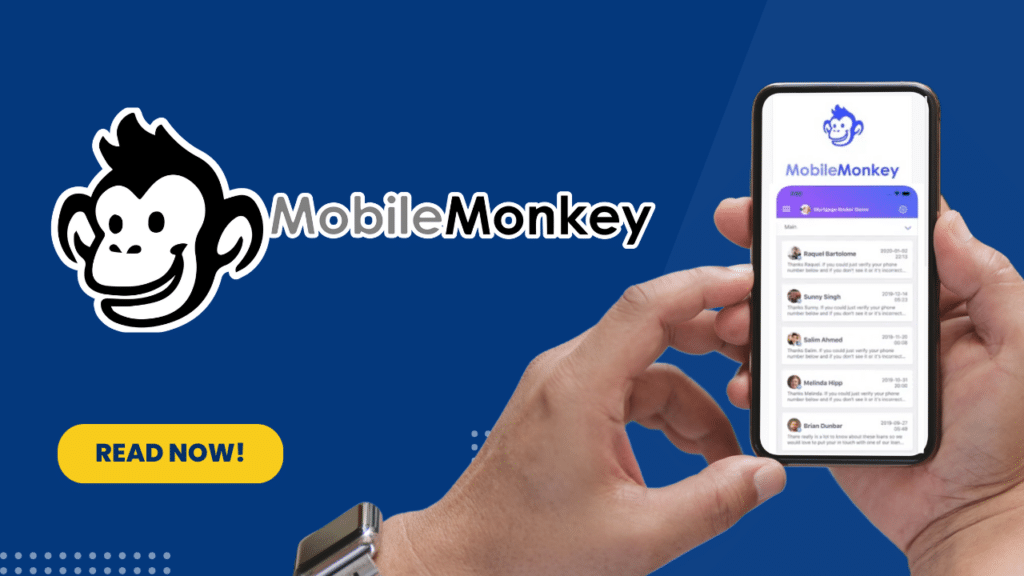
These platforms provide businesses with flexible chatbot-building tools. However, integrating them with existing systems might be a challenge, especially for businesses that seek to scale. This is where an iPaaS solution like Noca AI can come in and simplify the process, enabling seamless chatbot integration and automation between multiple tools and platforms.
The Role of NLP in Chatbot Effectiveness
Natural language processing (NLP) is the key to chatbot success. NLP enables chatbots to understand and interpret human language, so they can communicate messages in the same natural manner that humans speak. Without NLP, chatbots would only be able to match keywords and would produce grating customer interactions.
For example, consider a chatbot in a customer service tool. A user might type, “I require help with my order,” and the chatbot, which possesses NLP, will be able to understand the intent behind the message and provide the proper response—whether tracing the order, editing payment details, or managing returns.
NLP also helps chatbots to improve with time. The more the bot interacts with customers, the more it “learns” from previous conversations and makes its responses better, and is more accurate when responding to more complex questions. This means that the longer a chatbot runs, the more intelligent and helpful it becomes, which translates to more customer satisfaction.
Integration of Chatbots with Customer Support Platforms
Merging chatbots into an organization’s existing support infrastructure effectively can prove challenging. Customer support teams may already be using a variety of tools, e.g., live chat tools, CRMs, ticketing systems, etc. The chatbot needs to mesh with these systems seamlessly to provide seamless, uninterrupted support.
While there are native chatbot integrations offered by a few platforms, companies usually find them to be of limited functionality and inflexibility. Native integrations might suffice for specific applications, but they will short in trying to integrate with other systems within the company.
That’s where Integration Platform as a Service (iPaaS) comes in. iPaaS solutions enable businesses to automate and streamline integrations between numerous various systems and applications, making it easier to integrate chatbots with customer service platforms and other software.
Why Companies Prefer iPaaS for Chatbot Integration
The main reason companies choose iPaaS solutions over native integrations is flexibility. iPaaS solutions allow companies to integrate chatbots with different tools, systems, and data sources from one central point. This is a much more scalable and flexible solution than using native integrations that usually require manual settings and are usually only offered for specific platforms.
Noca AI, for example, has an iPaaS platform with a focus on AI and NLP. Unlike other integration platforms like Workato, which are primarily aimed at technical users, Noca AI is open to all—be you a developer or business manager. It’s designed to make integrations easy, faster, and simpler.
With its AI-first approach, Noca AI can read and process natural language data, and this makes integrations quicker and simpler to use. This enables companies to integrate chatbots into their customer support platforms, CRMs, and other applications without the requirement for technical knowledge. With this, companies can leverage their full potential of chatbots while they can focus on their core business rather than wasting time on integration setup and maintenance.
Features of a Successful Chatbot Integration
To maximize the effectiveness of a chatbot in customer support, the integration needs to deliver certain features and capabilities. Here are some of the most important aspects to consider:
1. Seamless Handover Between Chatbots and Human Agents
Though chatbots are able to reply to a wide range of queries, there is the need for human intervention on occasion. Any successful chatbot integration has to have a clean handover of the bot-to-agent type if needed. There has to be a seamless transition, where applicable context and customer information are transferred from the chatbot to the agent so there are no repetition questions and/or delays.
2. Data Collection and Insights
Chatbots are great data collection tools for customer behavior, questions, and issues. Trends are discovered, common issues are uncovered, and areas where businesses can make improvements are found by analyzing what is being discussed on chatbots. Combining analytics software with chatbots can provide actionable insights, which can guide businesses to further improve their product, services, and customer experience.
3. Multi-Channel Capabilities
Today’s customers interact with businesses via multiple channels like websites, mobile apps, social media, and messaging apps. A good chatbot integration should support multi-channel communication so that the chatbot can address customers wherever they prefer to interact with the brand.
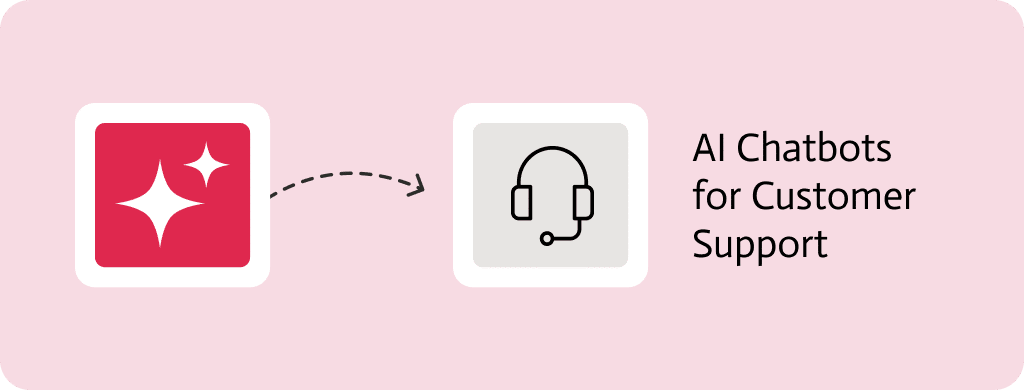
Conclusion
AI-powered chatbots are revolutionizing customer service by offering businesses a way to scale their business, reduce costs, and improve customer satisfaction. By integrating chatbots with customer service platforms, businesses can automate processes and make the experience more streamlined and personalized for customers. To maximize the use of chatbots, however, businesses should explore using an iPaaS tool like Noca AI to ensure integration is a walk in the park.
Noca AI’s AI-first and NLP-first platform is designed for all users, not just technical experts, making it easier for businesses to integrate chatbots with their existing systems. As the demand for intelligent, scalable customer support solutions continues to grow, iPaaS will remain a key enabler for businesses looking to stay ahead of the curve.
